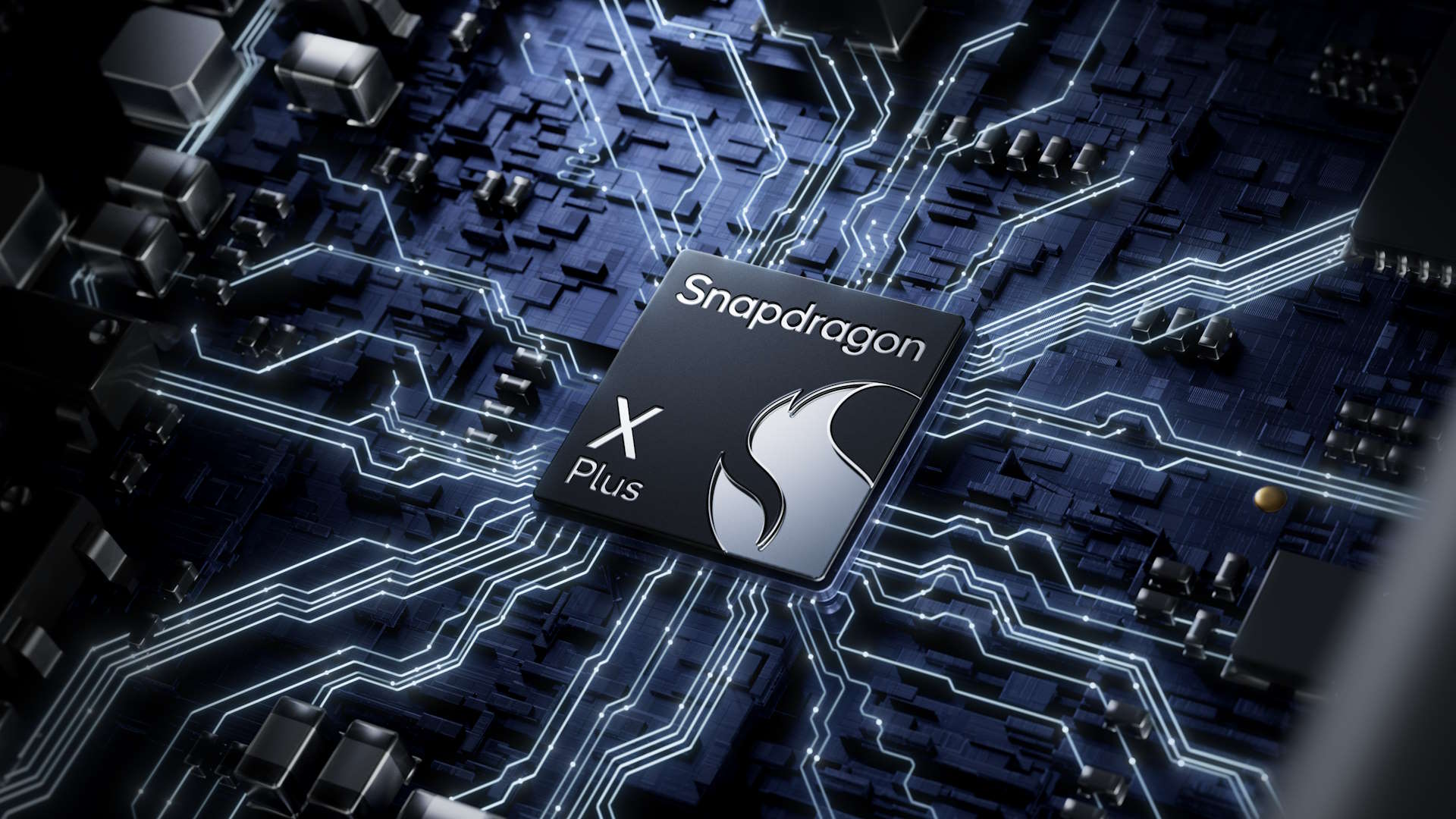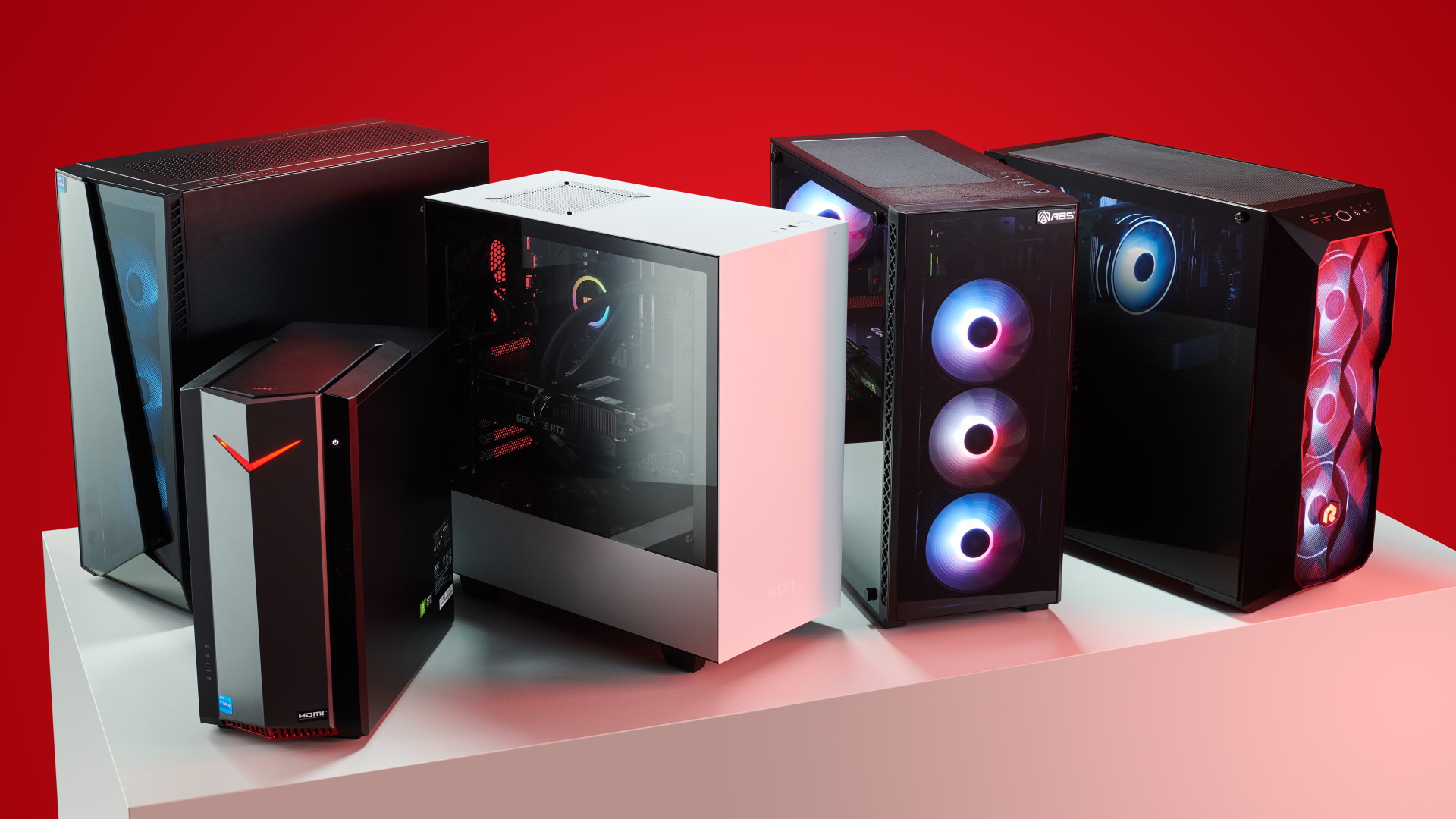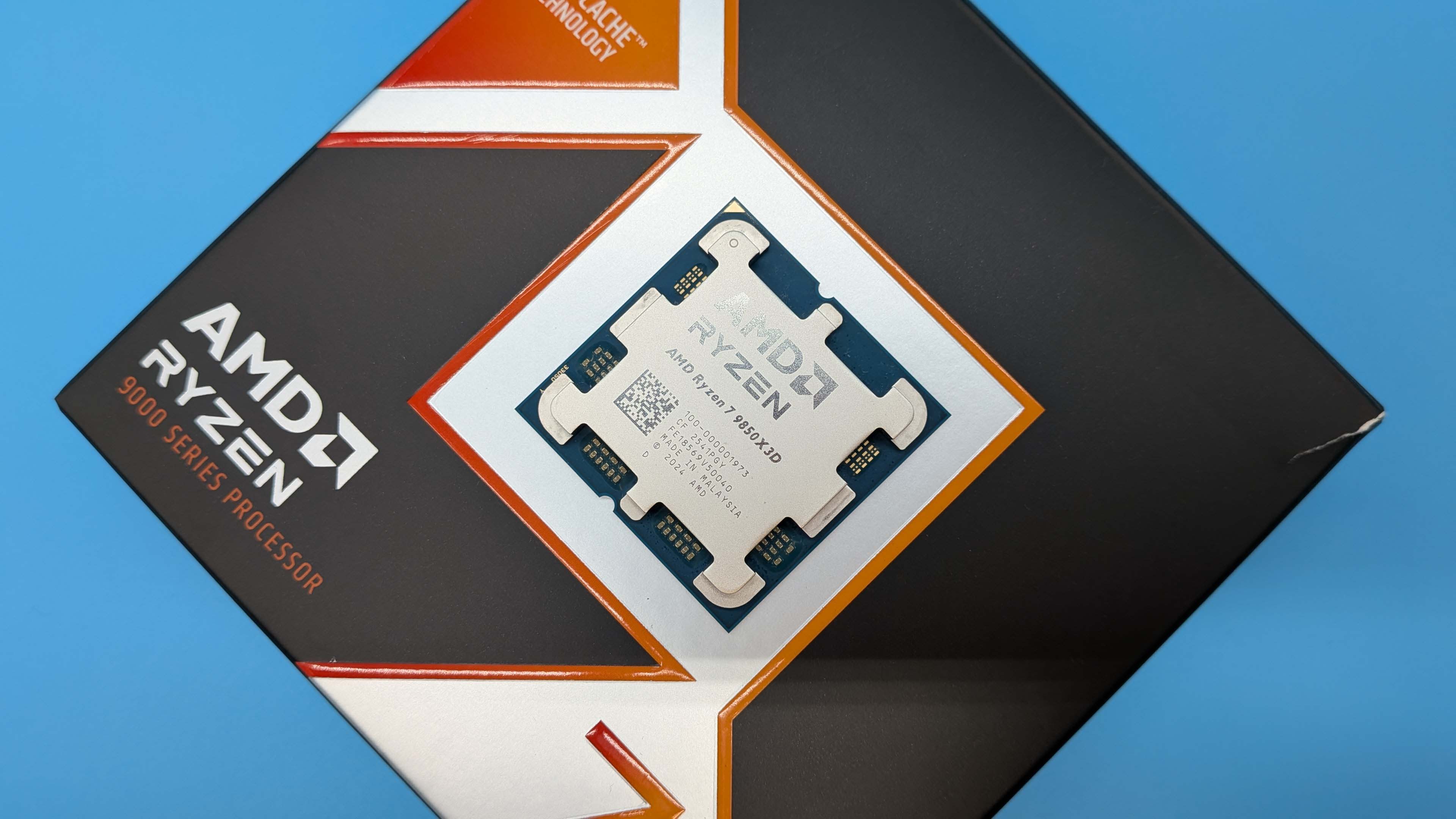If Nvidia couldn't buy Arm, then Qualcomm's rumoured Intel buyout isn't going to happen either
For the mobile chip firm, the only thing Intel has of worth right now are x86 licenses.

It's only been a few weeks since a Reuters news report suggested that Qualcomm had been eyeballing Intel's chip design business and now it's being claimed the maker of the Snapdragon X processor has approached Intel with the view to a full takeover. It's a nice story, but it's just going to happen.
This latest rumour comes from the Wall Street Journal but CNBC has also reported the same thing, i.e. Qualcomm has approached Intel about the possibility of a takeover. Neither publication provides much in the way of details but both remark that Qualcomm and Intel declined to comment on the matter, as you'd expect.
Now, despite the US-based company having a much larger market capitalization than Intel, its revenue and operating income streams are quite a bit smaller. Qualcomm has a fair amount of cash to hand but certainly not enough to buy Team Blue outright.
The money side of things isn't really important, though, as a far more important question to ask is this: Why would Qualcomm want to buy Intel? While the latter has modified its foundries to make it easier to fabricate Arm-based chips, the whole setup is still heavily designed around Intel x86 processors, so it's unlikely that Qualcomm is especially interested in that side of the company.
I think it would come down to licences, specifically those for the x86 architecture, the primary building block for all of today's desktop CPUs. Qualcomm's chips are all Arm-based and laptops with a Snapdragon X processor require software translation and emulation to run Windows and associated applications and games. If it could make its own x86 chips, then none of this would be required—it could do that now but Qualcomm would have to get a license from Intel to do so.
While it's far cheaper to buy a license than it is to buy an entire company, there's always the chance that Intel could block the deal in the future or massively raise the price. Having the license yourself means you can also control who else gets it. Well, in theory.
The reality of the matter is that AMD retains a good deal of control over the whole x86 license thing and it would instantly veto any changes that Qualcomm might want to bring about.
Keep up to date with the most important stories and the best deals, as picked by the PC Gamer team.
But really, none of that ultimately matters, because the deal would almost certainly be blocked in the US and in other countries, too. Remember Nvidia trying to buy Arm? Despite offering way more money than necessary and potentially agreeing to all kinds of stipulations, the deal was shot down and the same would be true in the case of a Qualcomm-Intel merger.

Best gaming PC: The top pre-built machines.
Best gaming laptop: Great devices for mobile gaming.
Besides, while Intel is struggling at the moment, it has an enormous market share in client and server CPUs, and other than its FPGA division, Altera, it's generally doing okay in terms of revenue. Its foundry service could ultimately be sold off if things get really bad but as things currently stand, Intel makes enough money to offset its fab losses.
So, if this deal has no chance of ever happening, where has the story come from? I don't think it's just a made-up rumour but I do suspect that it's nothing more than Qualcomm and Intel having discussions about teaming up for certain things, perhaps just investment opportunities or even just talks about Intel manufacturing Snapdragon chips.
This certainly won't be the last we hear about Qualcomm buying Intel but I'm 100% sure that it's not going to happen. Or, at the very least, even if the deal is proposed, monopoly and merger commissions around the world will block it instantly.

Nick, gaming, and computers all first met in the early 1980s. After leaving university, he became a physics and IT teacher and started writing about tech in the late 1990s. That resulted in him working with MadOnion to write the help files for 3DMark and PCMark. After a short stint working at Beyond3D.com, Nick joined Futuremark (MadOnion rebranded) full-time, as editor-in-chief for its PC gaming section, YouGamers. After the site shutdown, he became an engineering and computing lecturer for many years, but missed the writing bug. Cue four years at TechSpot.com covering everything and anything to do with tech and PCs. He freely admits to being far too obsessed with GPUs and open-world grindy RPGs, but who isn't these days?

